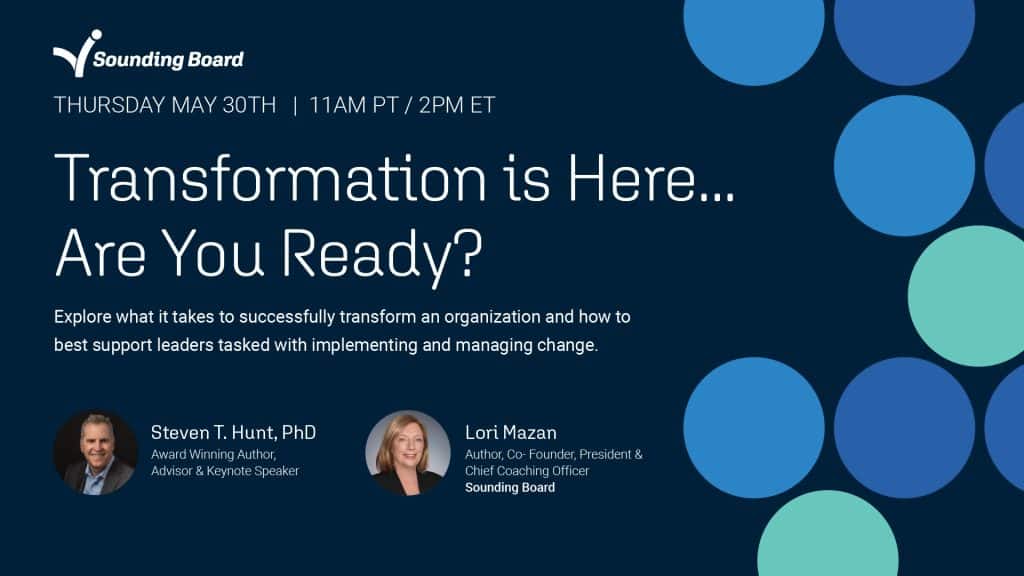The COVID-19 pandemic has completely changed the way we work - and many of these changes will be with us long after the health crisis subsides.
This webinar will feature a panel of industry leaders, sharing their perspectives on the hybrid workforce, and the leadership skills required to navigate this changing business landscape.
- How the pandemic has changed the way organizations think about leadership
- What are the critical leadership skills for the hybrid workforce
- How to accelerate leadership development to meet the moment
HR has played a significant role during this difficult time, adjusting to a rapidly changing business landscape…but the work is just beginning. While we’re still dealing with the global pandemic and an uncertain economic recovery, organizations must also prepare for the transition to a hybrid workforce.
This transition to hybrid is more complex than the rapid shift to remote work that we experienced in 2020. The hybrid workforce requires a new understanding about flexibility and autonomy, with employees working in a blended model of both remote and on-site, moving fluidly between the two. This leaves HR leaders with a series of critical decisions to make around which parts of the workforce can work remotely and when. 94% of organizations have given employees more flexibility as to where and when they work. 56% of employees said they would consider switching employers if flexibility regarding work location was not an option. While there’s still a great deal of uncertainty, it’s clear that the hybrid workforce is here to stay.
The transition to a hybrid workforce will also require a new approach to talent development, to ensure that employees have the knowledge, skills and experience they need to be effective in this new environment. Talent development professionals need to rethink how they integrate learning into the hybrid employee experience. They need to develop new ways to engage relevant stakeholders in talent development, with a sense of shared ownership. They need new tools to identify and overcome skill gaps, and embrace more agile development solutions that can be deployed and adjusted quickly to meet evolving needs.
Organizations also need to reconsider the leadership skills that have become more critical in the hybrid workforce. Leading in this new business landscape requires the ability to collaborate with others, build trust, demonstrate empathy and act inclusively. It requires a new sense of autonomy and accountability. And it requires leaders who can connect on-site and remote employees (and those somewhere in-between) to a shared sense of purpose. These are hard skills to master, but they’re imperative for individual and organizational success. Organizations need to accelerate their leadership development efforts – to prepare more leaders to be effective in a hybrid workforce. They need a more agile approach to leadership development, focused on business impact, informed by data and integrated into the employee experience.








